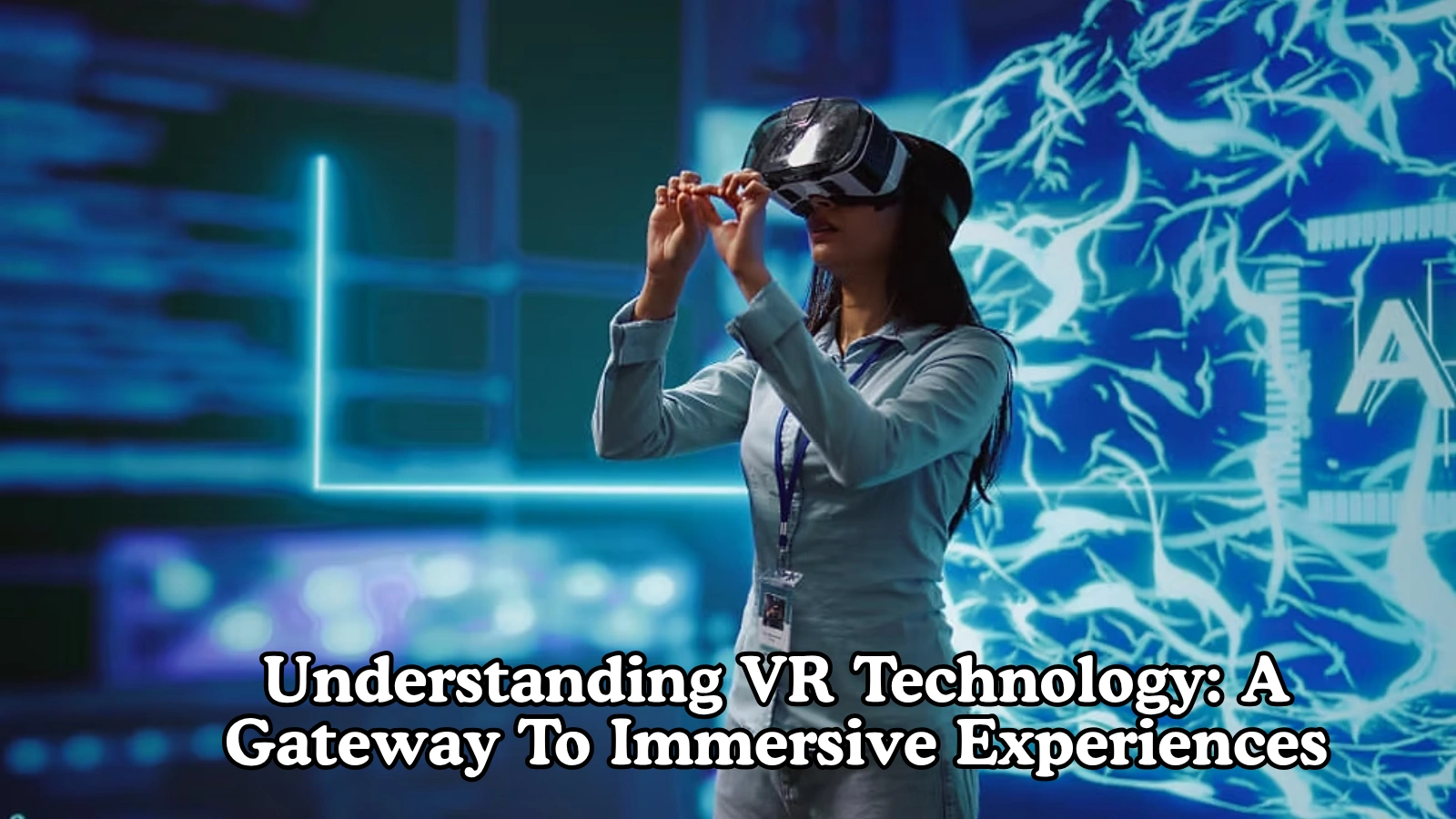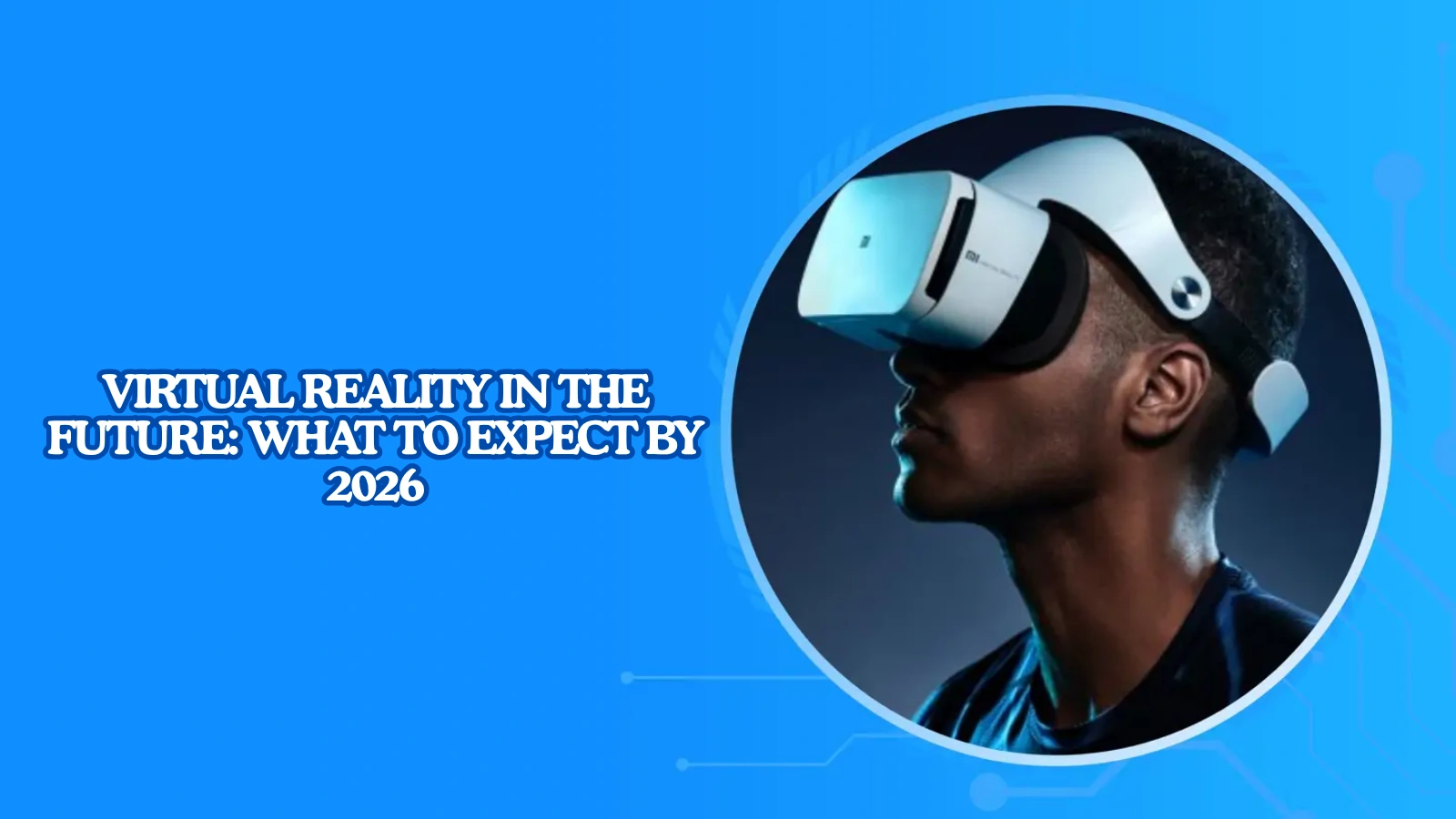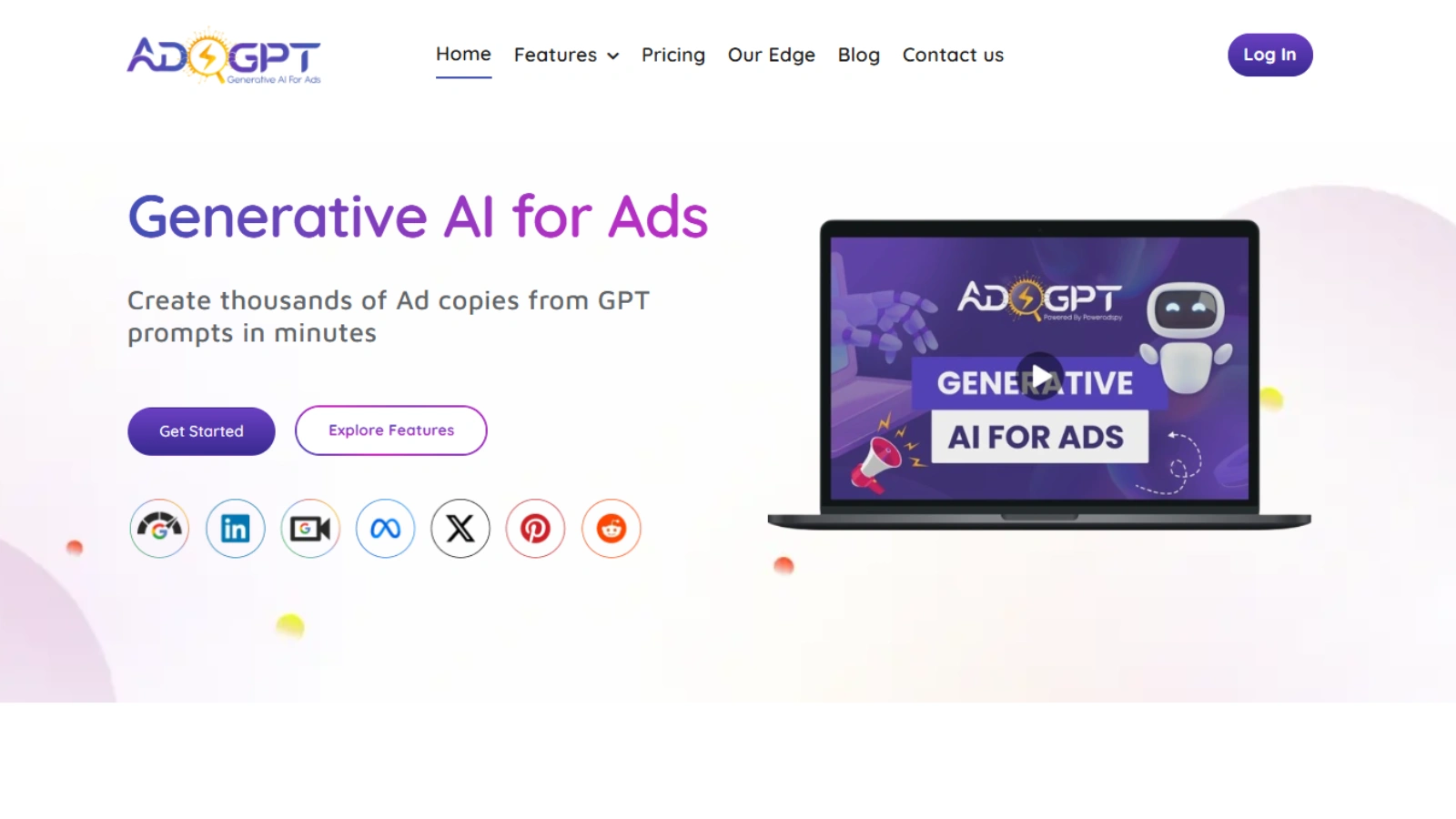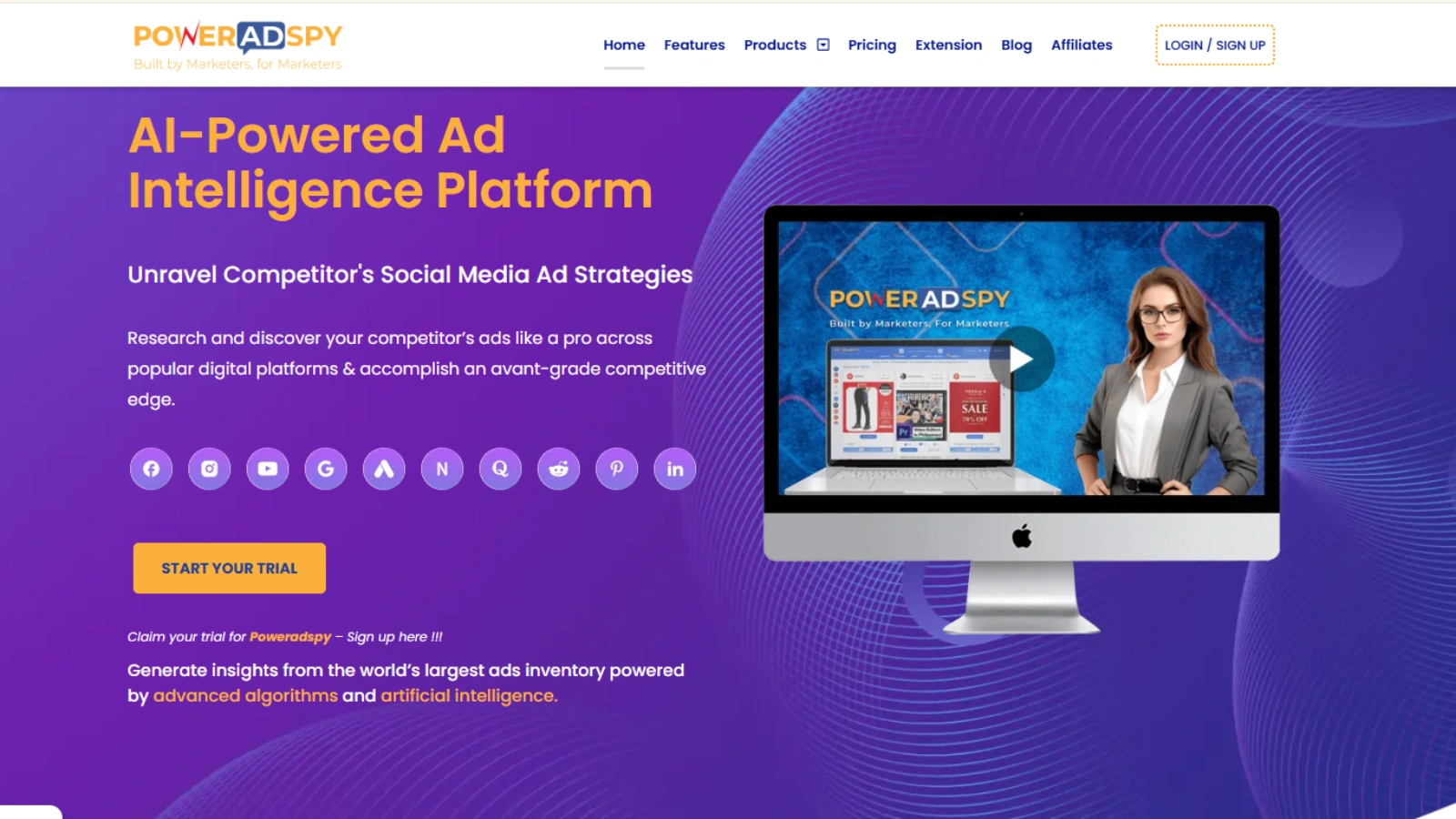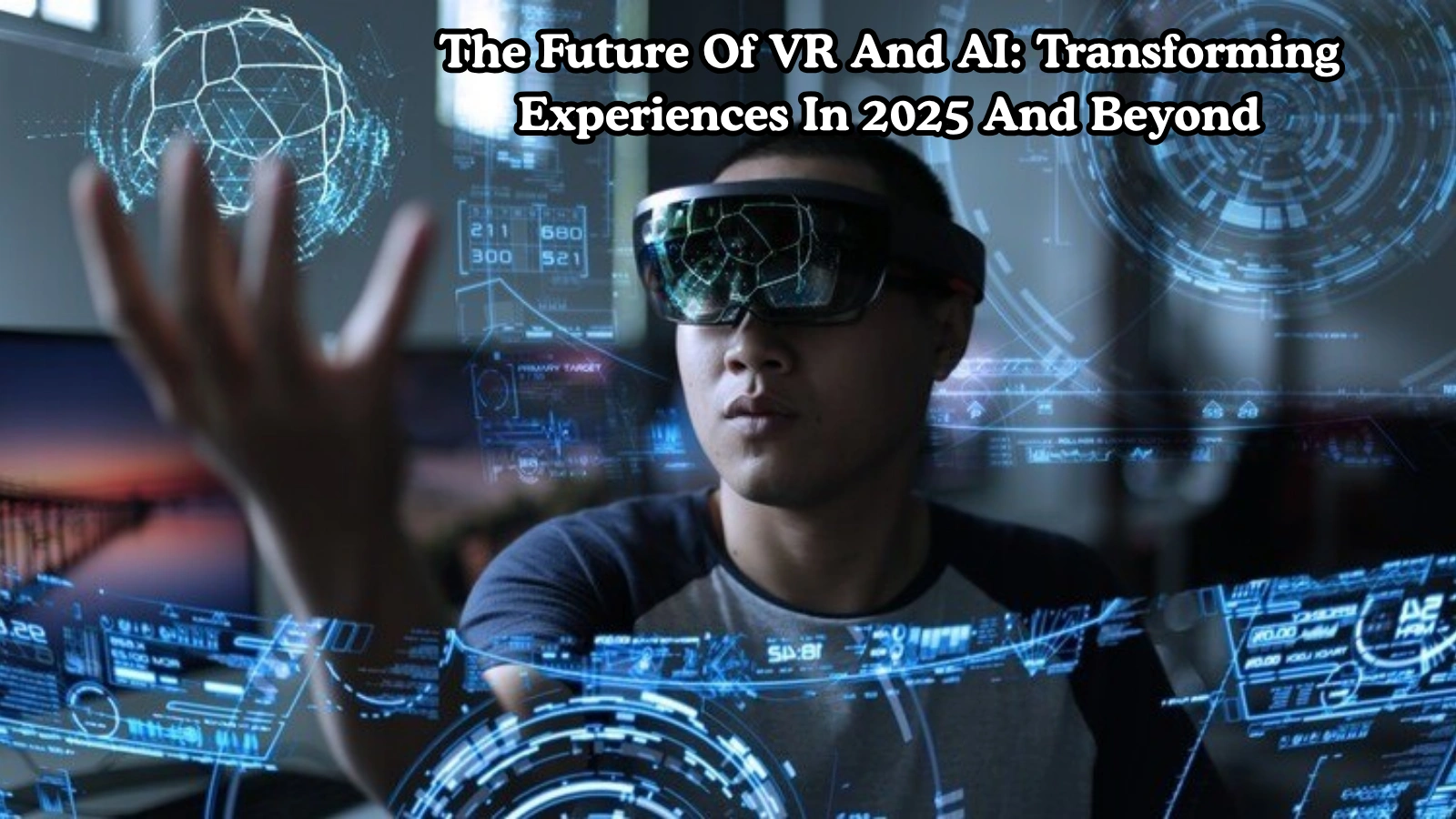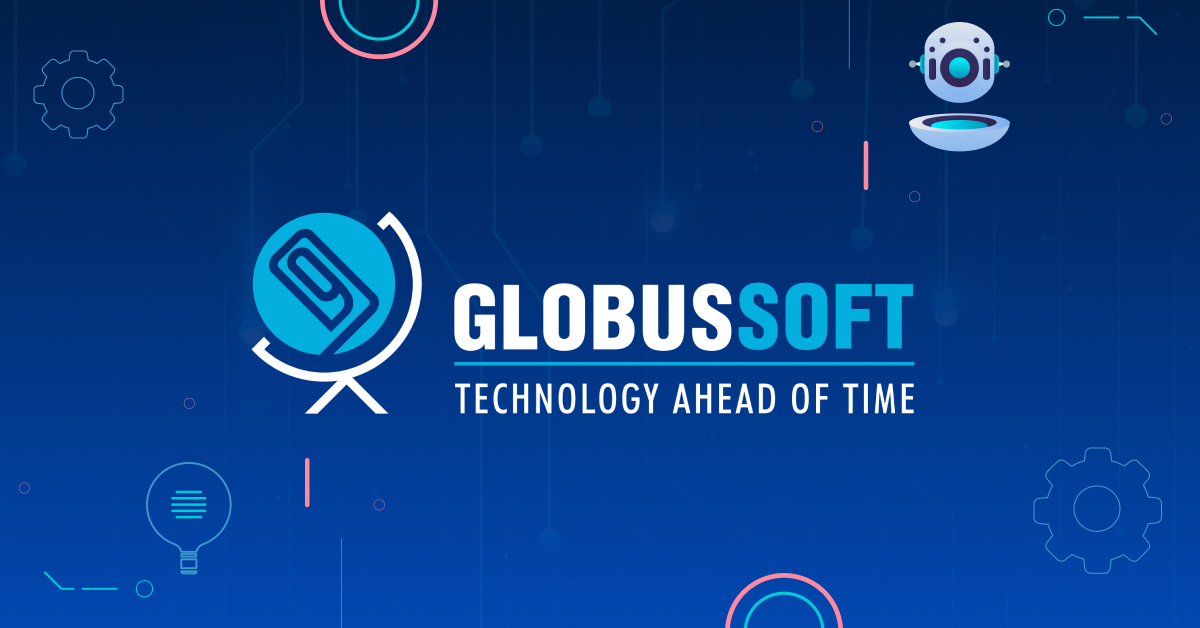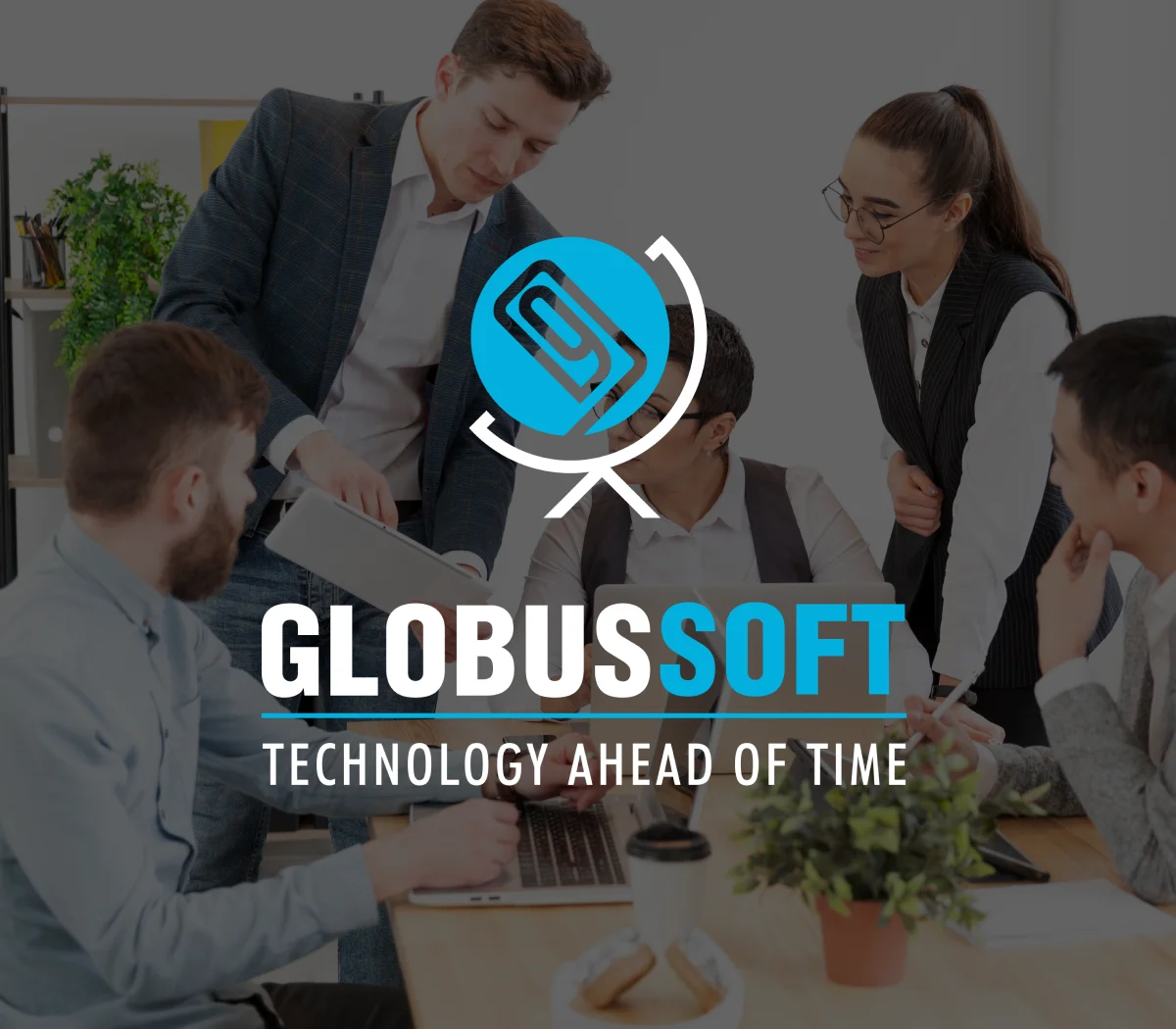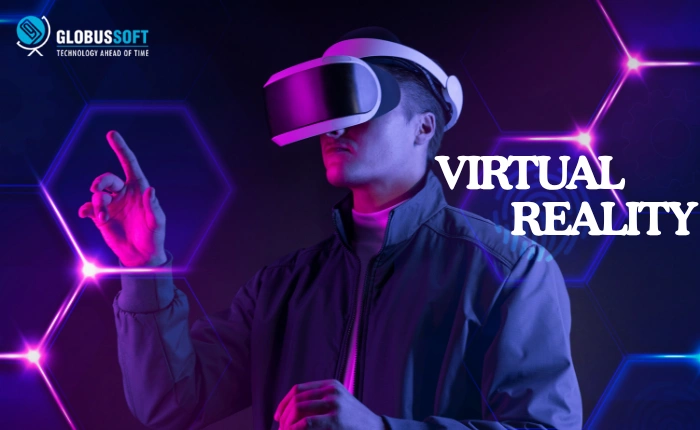
Virtual reality offers immersive experiences that change how we interact with games, education, work, and social connections. As the technology advances, it becomes more practical and accessible for daily use, offering new ways to engage with content. In the next few years, virtual reality will redefine learning, collaboration, and entertainment, making experiences more interactive and personalized.
This guide explores how to leverage virtual reality for better experiences, the latest advancements shaping its future, and the tools that help businesses and individuals maximize the potential of VR technology.
Listen To The Podcast Now!
Understanding VR Technology: A Gateway To Immersive Experiences
VR technology is no longer a concept limited to science fiction. It has evolved into a powerful tool that delivers realistic, interactive environments. Virtual reality technology combines hardware, like VR headsets and motion sensors, with software applications to create experiences that engage sight, sound, and sometimes touch. Users can explore digital worlds, practice skills, or participate in simulations that mirror real-life scenarios.
Entertainment benefits heavily from VR. Gamers can step into fully immersive worlds, interact with virtual characters, and engage in experiences that traditional gaming cannot provide. Education also gains a new dimension. VR simulations allow students to explore historical sites, conduct virtual science experiments, or experience medical procedures in a controlled, safe environment. In business, virtual reality facilitates remote collaboration, employee training, and customer engagement. For instance, virtual showrooms let customers explore products from their homes, creating a more engaging shopping experience.
By integrating VR technology into daily life, companies and individuals gain new ways to learn, connect, and entertain. Its adaptability ensures that the technology will continue to expand across industries in the coming years.
Virtual Reality Advancements Shaping The Future
Advancements continue to push the boundaries of what is possible. The future of VR includes improvements in hardware, software, and overall user experience. Modern VR headsets are lighter, offer higher resolutions, and reduce latency, creating a smoother, more realistic experience. On the software side, developers introduce features that allow for more intuitive interaction, such as hand tracking, voice commands, and AI-driven simulations.
Recent innovations include standalone VR headsets, eliminating the need for tethered connections to a computer, and haptic feedback devices that provide tactile sensations. Emerging trends also focus on social VR, where users can interact with friends or colleagues in shared virtual spaces. Businesses explore VR for training simulations, product testing, and marketing campaigns. These developments signal a future where virtual reality becomes integral to daily activities rather than a novelty.
Adoption of virtual reality technology continues to accelerate across sectors. Companies that invest in VR now can position themselves as pioneers in their industries. The combination of immersive experiences and AI-driven enhancements ensures that VR remains a transformative technology for years to come.
Virtual Reality In The Future: What To Expect By 2026
In the future, it promises more seamless, integrated experiences. In the near future, VR will offer applications far beyond gaming. In education, virtual classrooms and labs will provide hands-on learning experiences that surpass traditional methods. Remote work will also benefit as employees use VR to collaborate in lifelike environments, reducing the need for physical offices while maintaining team cohesion.
It emerging technology, will also impact healthcare. Surgeons may practice procedures in realistic simulations, and therapy sessions can occur in virtual environments tailored to patient needs. Retail and real estate industries will use VR to showcase products and properties in ways that photographs or videos cannot replicate.
Gaming will continue to evolve with multi-sensory experiences and social interaction. VR will bridge gaps between physical and virtual spaces, creating hybrid experiences that are both entertaining and functional. By understanding these future applications, businesses and individuals can leverage VR technology to maximize engagement, productivity, and enjoyment.
Read More!
How To Use Artificial Intelligence For Real Estate Growth?
How Can Social Media Automation Boost Your Content Strategy?
Globussoft: Pioneering Innovation In AI And VR Integration
Globussoft is a leader in AI-driven product ecosystems, delivering solutions that combine intelligence with practical applications. The company develops products designed to help businesses automate workflows, analyze performance, and grow smarter. Its mission revolves around innovation in web applications, AI integration, and immersive technologies.
Integrating VR with AI, we enable businesses to explore new ways of interacting with customers, training employees, and managing operations. The company’s approach emphasizes user-friendly design, seamless integration, and measurable results. Globussoft does not just create software; it creates tools that empower companies to stay competitive in rapidly evolving industries.
Top Tools By Globussoft Supporting VR And AI Experiences
Globussoft offers a suite of tools that enhance virtual reality applications, helping businesses boost productivity, creativity, and user engagement. Each tool serves a specific purpose, making it easier to integrate VR technology into daily operations.
EmpMonitor 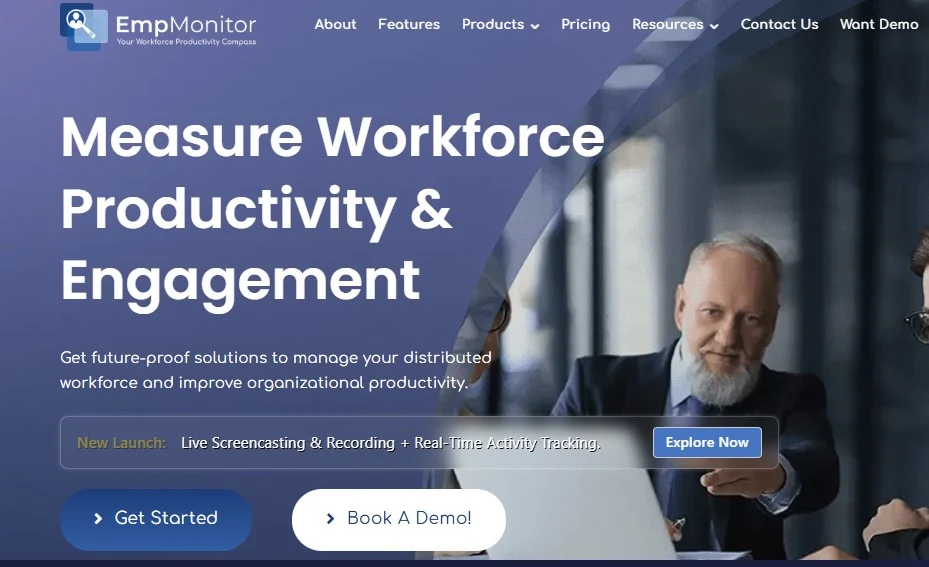
This workforce management software that tracks team activities and productivity in real time. It helps businesses optimize workflows, monitor remote teams, and ensure VR-based training or virtual projects run efficiently. Managers gain insights into task progress, employee performance, and areas needing improvement. By integrating seamlessly with daily operations, it enhances accountability and overall team effectiveness.
EMPCloud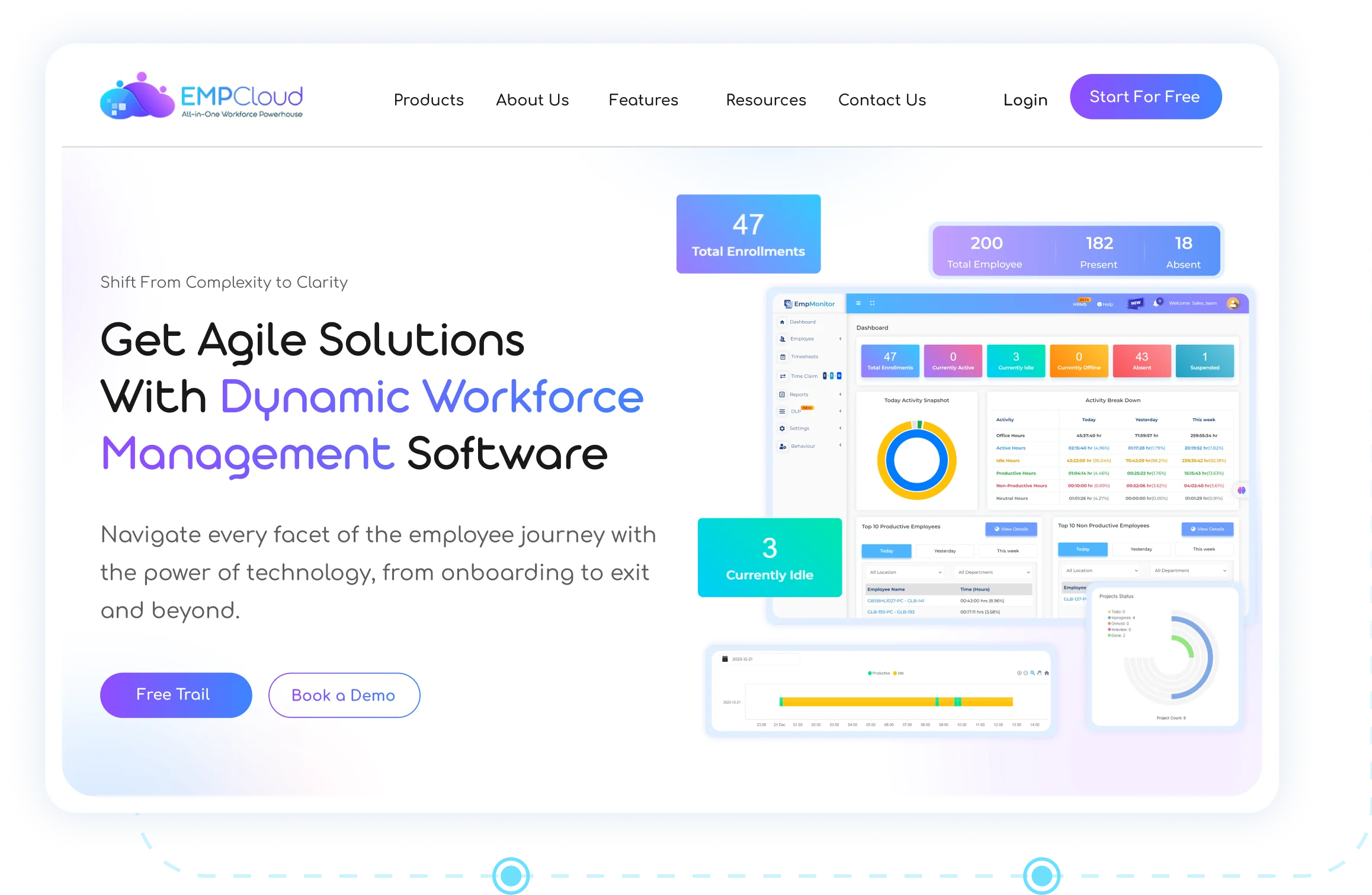
An AI-powered HR platform that automates recruitment, onboarding, performance tracking, and task management. It helps organizations streamline HR processes and ensures VR-based projects integrate smoothly into daily operations. The platform provides real-time insights into employee performance and workflow efficiency. By simplifying HR management, EMPCloud enhances team productivity and supports scalable business growth.
AdsGPT
A generative AI tool that creates both ad visuals and copy. Key features include:
- Ad Creatives Made Effortless: Generate professional visuals instantly, no design skills required.
- Platform-Specific Customization: Create ads tailored for Google, Meta, LinkedIn, and other platforms.
- Competitor-Inspired AI Ads: Use competitor campaigns as inspiration while maintaining brand uniqueness.
- Dynamic Styles & Multiple Formats: Choose image styles (3D, realistic, anime) and aspect ratios for feeds, stories, or videos.
- AI-Powered Copy Generation: Generate engaging ad text optimized for each platform.
- Analytics & Market Insights: Track ad performance, trends, and engagement for smarter marketing decisions.
PowerAdSpy
An advanced ad intelligence tool that helps businesses track and analyze competitors’ advertising campaigns. It identifies high-performing ads, reveals market trends, and provides insights to optimize marketing strategies. The platform enables users to reverse-engineer successful campaigns and stay ahead of competitors. By leveraging data-driven insights, PowerAdSpy boosts ad performance and maximizes return on investment.
Power Browser
A Web3-powered browser that delivers fast, secure, and private online browsing. It supports VR web applications, ensuring smooth and immersive virtual experiences. The browser prioritizes user data protection while enhancing performance. With its advanced features, Power Browser makes accessing VR content seamless and reliable.
Socinator
A social media automation platform that simplifies posting, engagement, and content scheduling. It helps businesses manage VR-related campaigns effectively, ensuring they reach the right audience. The tool provides actionable insights to improve strategy and audience interaction. By automating tasks, Socinator saves time and boosts campaign performance.
How Globussoft Tools Enhance Virtual Reality Applications?
Globussoft tools complement VR experiences in several ways. AdsGPT can create high-performing ad campaigns promoting VR games, training programs, or products. Its AI-driven insights help businesses target the right audience with compelling visuals and copy. EmpMonitor and EMPCloud allow VR teams to collaborate efficiently, track progress, and ensure goals align with organizational objectives.
PowerAdSpy gives companies a competitive edge by monitoring ad performance, discovering trends, and optimizing campaigns. Socinator ensures that VR content reaches a larger audience through automated social media strategies. Finally, Power Browser and Calorie Tracker Buddy integrate seamlessly with VR applications, providing secure access, immersive experiences, and AI-assisted health tracking.
By leveraging these tools, businesses can fully realize the potential of virtual reality technology, offering experiences that are both engaging and operationally efficient.
The Future Of VR And AI: Transforming Experiences In 2025 And Beyond
The future of VR involves more than advanced hardware. AI integration, like Globussoft’s suite of products, will redefine how users interact with virtual environments. Virtual reality emerging technology, will enable more realistic simulations, smarter automation, and personalized experiences.
By 2025, VR will transform industries from education and healthcare to retail and entertainment. Companies that combine VR technology with AI-powered tools can create smarter, more immersive, and highly efficient experiences. The potential extends to remote collaboration, marketing, product design, and training, making VR a central component of innovation.
Businesses and individuals who embrace these technologies early will gain a competitive advantage, improve engagement, and deliver experiences that leave a lasting impression. As virtual reality continues to evolve, its integration with AI ensures a future filled with creativity, efficiency, and immersive interaction.
Conclusion
Virtual reality is set to redefine experiences by 2025, offering more immersive and practical applications. Combining VR technology with Globussoft’s AI tools boosts engagement, productivity, and creativity. From entertainment to business, embracing these advancements ensures smarter, efficient, and memorable experiences that shape the future.
FAQs
Q1: What is virtual reality?
Virtual reality is a technology that creates fully immersive digital environments. Users can interact with simulated worlds as if they were real. It allows for experiences that go beyond what is possible in the physical world.
Q2: How does VR enhance learning and training?
VR provides realistic simulations that let learners practice skills safely. It reduces risks while offering hands-on experience in a controlled environment. This method improves understanding and retention compared to traditional learning.
Q3: Which industries benefit from VR technology?
Industries like gaming, education, healthcare, retail, real estate, and remote work leverage VR. It enables immersive experiences, realistic training, and virtual collaboration. Companies can improve engagement, efficiency, and customer satisfaction.
Q4: How can AI tools like Globussoft’s AdsGPT improve VR marketing?
AdsGPT generates ad copy and visuals tailored for VR products. It ensures campaigns reach the right audience with high engagement. AI insights help refine strategies, optimize ad performance, and boost ROI.
Q5: What does the future hold for virtual reality?
Virtual reality emerging technology, will create more realistic and interactive simulations. AI integration will enhance personalization and collaboration. VR will become a key tool in education, business, healthcare, and entertainment.

